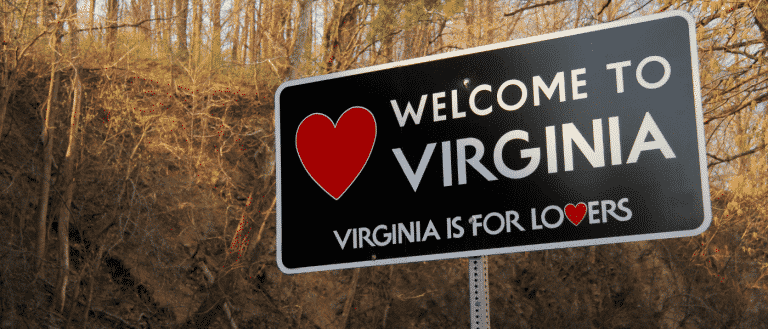Nevada Regulators Considering Remote Betting Registration

Nevada is considering expanding its legal online casino offerings beyond poker and, more importantly, eliminating the in-person registration requirement to open mobile sports betting accounts.
According to CDC Gaming Reports, the Nevada discussion will begin with a workshop hearing on May 13. Topics to be covered are:
A list of 15 suggested changes offered by regulators includes the removal of “provisions limiting interactive gaming to the game of poker,” adding “all games offered on an interactive gaming system,” and amending “authorized player requirements.”
These changes are regulatory, not statutory, which means they can be adopted without new legislation. Current laws allow the Nevada Gaming Control Board and Nevada Gaming Commission to expand into online casinos and remove the in-person registration requirement to open mobile sports betting accounts.
The law that brought online poker to the Silver State, AB 114, authorizes online gambling. It was regulators that decided to limit it to online poker. As such, it’s regulators that can expand the definition of online gambling to include traditional casino games.
For mobile sports betting to become a reality, regulators need to amend Regulation 5.225 to allow remote ID verification.
Mobile Registration = Good
Nevada was the first state to legalize sports betting and the first state to offer mobile sports betting. Because it was the first, Nevada casinos took a protectionist approach to mobile wagering, forcing would-be bettors to register their accounts in-person at land-based casinos.
In Nevada, in-person registration is a significant annoyance. It forces locals to travel to multiple casinos to register sports betting accounts. With limited time to spend in the city, visitors will often take the path of least resistance and register an account at the casino-hotel they are staying at or happen to be visiting.
The in-person registration policy also greatly benefits the bigger casinos on the Strip that see more visitors and more foot traffic from nearby properties.
Remote registration would benefit locals and visitors and create an equal playing field for the state’s casino operators.
That said, the impact of remote registration in Nevada will be negligible compared to the effects of similar policies in Iowa, Rhode Island, and Illinois, each of which saw immediate and substantial bumps in betting handle following the removal of in-person registration.
Online Casino = Meh
As a staunch supporter of legal, regulated online gambling, this is welcome news. Still, if any US state should tread carefully in its implementation of online casino games, it’s Nevada.
Online casino games have produced anywhere from good to fantastic results, without negatively impacting land-based casino revenue, in the five states that have authorized the activity:
But Nevada is a different animal. As I wrote in a previous column on this topic:
In a general sense, online gambling is for local populations (and populations that generally don’t visit land-based casinos), not visitors, and particularly not visitors who are traveling to a destination that offers 24/7 entertainment and gambling.
[…]
That raises the question, does Nevada want to make it even easier for locals to stay home? It’s already fairly convenient to gamble in Las Vegas, so do casinos want to make it more convenient for locals to gamble at home and eliminate any chance of they spend money on food and entertainment?
And by extension, does Las Vegas want visitors to stay in their hotel room and gamble on their phones? Does it want to provide people who visit Las Vegas with online gambling, and do those visitors even want it?
In this sense, it’s unclear what value online casino brings to Nevada. If there was ever a case that online casinos could cannibalize land-based revenues, it’s Nevada. The fear isn’t that gambling revenues would decline, rather, the non-gambling revenues, the impulse purchases, would slip as Nevadans stay at home and visitors lose track of time while playing online casino games in their hotel room.







